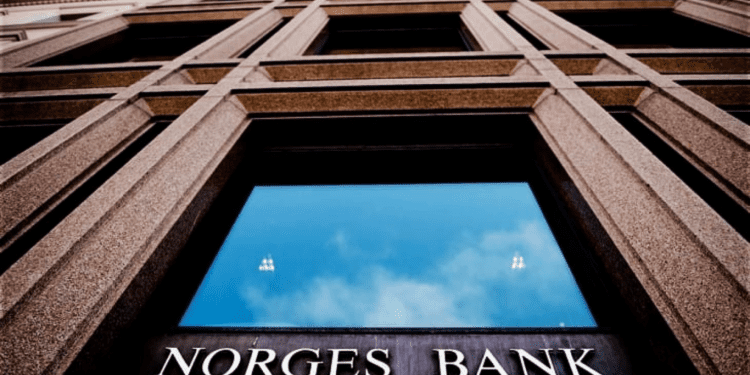- The report with the Norwegian central bank acknowledges a growing demand for crypto.
- Deputy Governor said that “the country needs to have its rules at the national level to deal with risks associated with the crypto assets.”
- The financial regulator suggested that they have embarked on a mission to analyse the feasibility of a digital currency.
The Norwegian Central Bank has released a financial infrastructure report advocating for the government to legislate laws governing crypto assets. The report shows that the central Bank recognizes the increasing demand for crypto assets and finds it reasonable to formulate rules to regulate them.
Regulatory background and importance of crypto regulations
The Norwegian Central Bank argued that even though the international regulatory framework is essential in managing crypto assets, the country needs to have its rules at the national level to deal with risks associated with the sector.
The report also acknowledged that even though Norway does not have large firms or investors exposed to crypto assets, the ever-increasing potential of crypto requires regulations at this early stage to protect citizens and future investors.
Regarding the available regulations, the report stated that some risks associated with crypto assets are covered by the present general rules but suggested that there is a need to have specific laws targeting digital assets.
Control of dishonest digital activities
The Bank’s report indicated that cryptocurrencies have resulted in many new types of activities, some of which could be considered fraud. Still, the unfamiliarity of the available regulations concerning crypto may hinder quick law enforcement.
This scenario may lead to the regulations being formulated after the damage has already been done. Therefore, The Bank feels it is better to have the rules before the effect of crypto assets investments is accepted by the market.
Deputy Governor Pål Longva, in a press release, maintained that international regulations are essential to regulate crypto. Still, they should not be used as the only option to regulate crypto assets in significant economies.
She further stated:
“There is a need to have regulations at the national level to deal with issues raised with crypto assets.”
The governor insisted that the authorities and policymakers should act fast than wait for international bodies to formulate regulations for this category of assets.
He offered that the Norwegian Central Bank is willing to contribute to regulation procedures required to promote further innovation in the crypto market in the country.
Conversely, the need for Norwegian crypto regulation comes in handy since the application of international standardization takes time. The absence of local law will make privately owned firms influence the process of crypto regulation development leading to undesirable settlements.
Future and Financial Stability Concerning Digital Assets
The Central Bank said that it has embarked on a mission to analyze the feasibility of the digital currency and will continue to investigate the possibilities of crypto assets, their impacts, and their relations to the CBDC between now and 2025.
The analysis aims to closely monitor the progress made by digital currencies throughout the period for better regulation processes heading into the future.
The report was definite since it stated that it is weighing the possibilities of allowing its customers to access digital financing and cash, which will be a good beginning point for digital asset progression in Norway and the international markets.
The deputy governor clarified that:
“The Bank continues to explore the implementation options of digital financing but indicated that parliament holds the final decision on this progress.”
Digital Assets Projections and Implications
According to Atlantic Council, a firm that tracks the Central Bank’s digital currencies, as many as 11 countries have launched CBDCs, but most of these countries are from the Caribbean.
The slow progress toward digital currency adoption is due to the low number of individuals accepting digital currencies. Still, digital remittances will likely increase in the future since many people are closely following and getting the process.














